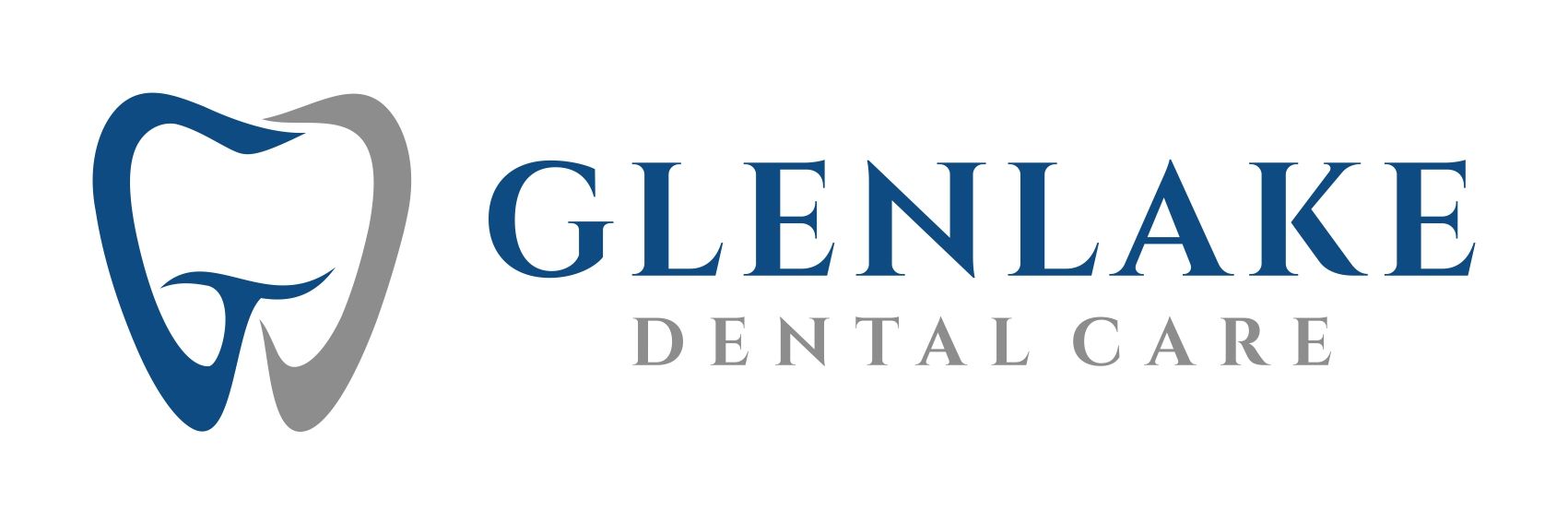10 Common Myths About Pediatric Dentistry You Should Stop Believing
When it comes to your child's oral health, understanding the facts about pediatric dentistry is crucial. As a parent, it’s natural to want the best for your child, but misinformation can lead to unnecessary anxiety and poor dental habits. At Glenlake Dental Care, we believe that debunking myths surrounding pediatric dentistry is essential for ensuring that your child receives the best possible care. Here, we tackle ten common myths that you should stop believing.
Myth 1: Baby Teeth Don’t Matter
One of the most pervasive myths is that baby teeth are not important because they will eventually fall out. This misconception can lead to neglecting your child's dental care. In reality, baby teeth play a vital role in your child's development, helping with speech, eating, and guiding permanent teeth into place. Neglecting baby teeth can result in cavities and other dental issues that affect your child’s overall health. We emphasize the importance of caring for baby teeth, as they lay the foundation for lifelong oral health.
Myth 2: Pediatric Dentists Are Just for Kids
Another common misconception is that pediatric dentistry is only for young children. While pediatric dentists specialize in treating children, they also provide care for adolescents, and many can continue treating patients into their early adulthood. This specialized training allows them to address the unique dental needs of children at various stages of development. Our team is equipped to handle a wide range of dental issues for children and teens, making the transition to adult dental care smoother for your child.
Myth 3: Dental Visits Are Scary
Many parents worry that dental visits will scare their children, leading them to avoid taking them to the dentist altogether. However, pediatric dentistry is designed to create a comfortable and welcoming environment for young patients. Pediatric dentists are trained to use techniques that reduce anxiety and help children feel at ease during their appointments. We strive to make dental visits a positive experience, ensuring that children associate the dentist with care and comfort rather than fear.
Myth 4: Fluoride Is Dangerous for Kids
Some parents have expressed concerns about fluoride, believing it to be harmful to children. However, fluoride is a safe and effective tool for preventing cavities when used appropriately. It strengthens tooth enamel and makes teeth more resistant to decay. The American Dental Association supports the use of fluoride in community water supplies and dental products. We discuss the appropriate use of fluoride with parents, ensuring they are well-informed about its benefits for their child's oral health.
Myth 5: Children Don’t Need Teeth Cleaned Until They’re Older
Many parents mistakenly believe that children don’t need professional teeth cleanings until they are older. In fact, regular dental cleanings should begin as soon as your child’s first tooth erupts. Early cleanings help establish good oral hygiene habits and allow the dentist to monitor the development of your child's teeth and gums. We recommend scheduling your child’s first dental visit by their first birthday to ensure they receive the care they need.
Myth 6: Thumb Sucking Will Ruin My Child's Teeth
While thumb sucking can be a common habit among young children, many parents fear it will lead to dental problems. In most cases, thumb sucking is harmless during early childhood. However, if the habit continues beyond age four or five, it can potentially lead to misalignment of teeth and jaw issues. We provide guidance to parents on how to gently encourage children to stop thumb sucking when the time is right, ensuring that their dental health remains intact.
Myth 7: All Pediatric Dentists Are the Same
Not all pediatric dentists are created equal. Each dentist has their unique approach and expertise. When choosing a dental provider for your child, it’s essential to consider their experience, the services they offer, and how they connect with young patients. We pride ourselves on creating a nurturing environment where children feel comfortable and supported. Our team, led by Dr. Eric Lim, is dedicated to providing personalized care tailored to your child’s specific needs.
Myth 8: Dental Problems Are Rare in Kids
Some parents believe that dental issues are uncommon in children, leading them to underestimate the importance of regular dental check-ups. In reality, tooth decay is one of the most common chronic diseases among children. Regular visits to a pediatric dentist can help detect and prevent issues before they become serious. We emphasize the importance of preventive care, educating parents on how to protect their children’s teeth from decay and other problems.
Myth 9: Diet Doesn’t Affect Dental Health
Many parents overlook the impact of diet on their children’s dental health, believing that brushing is sufficient. However, a diet high in sugars and acidic foods can lead to cavities and other dental issues. Teaching children about healthy eating habits is just as important as encouraging good oral hygiene. We provide guidance on nutrition and its effects on dental health, helping families make informed choices for their children.
Myth 10: Dental Insurance Makes Pediatric Dentistry Affordable
While dental insurance can help reduce costs, it doesn’t cover every aspect of pediatric dentistry. Many parents assume that their insurance will cover all dental treatments, but this is often not the case. Understanding your insurance plan and what it covers is essential to avoid surprises. We work with families to explain their coverage options and help them navigate the financial aspects of their child's dental care.
At Glenlake Dental Care, we are committed to providing high-quality pediatric dentistry to ensure your child's smile remains healthy and bright. By busting these myths, we hope to empower parents with the knowledge they need to make informed decisions about their children's dental care. If you have questions or would like to schedule an appointment, please contact us today. Your child’s oral health is our priority, and we are here to support you every step of the way.
Frequently Asked Questions:
1. At what age should my child have their first dental visit?
It’s recommended that your child see a pediatric dentist by their first birthday or when their first tooth erupts. Early visits help establish healthy oral hygiene habits and allow the dentist to monitor the development of your child's teeth and gums.
2. Is fluoride safe for children?
Yes, fluoride is safe and beneficial when used appropriately. It strengthens tooth enamel and helps prevent cavities. The American Dental Association supports the use of fluoride in water and dental products to protect children’s teeth.
3. How can I help my child stop thumb sucking?
While thumb sucking is common in young children, it’s important to address the habit by age four or five to avoid potential dental problems. We can provide strategies to help gently encourage your child to stop this habit when the time is right.
4. Are pediatric dentists trained to handle older children and teens?
Yes, pediatric dentists specialize in treating children and adolescents, and many can continue providing care through early adulthood. Their training allows them to address the unique dental needs of children at various stages of development.
5. What should I do if my child is afraid of the dentist?
Pediatric dentists are specially trained to help children feel comfortable during dental visits. We use techniques designed to reduce anxiety and create a positive experience, helping children associate the dentist with care and comfort rather than fear.
6. How often should my child visit the dentist?
Children should see a dentist regularly, typically every six months, for cleanings and check-ups. This ensures any potential dental issues are caught early and helps maintain optimal oral health.
7. Does diet affect my child’s dental health?
Yes, a diet high in sugary and acidic foods can contribute to cavities and other dental issues. Along with regular brushing, teaching children healthy eating habits is essential for their dental health.
8. Will dental insurance cover all of my child's dental treatments?
Dental insurance can help reduce costs, but it may not cover all treatments. It’s important to understand your insurance plan and what it covers to avoid unexpected costs. We work with families to explain their coverage options and assist with financial planning for dental care.
9. Do baby teeth really matter?
Absolutely! Baby teeth are important for speech development, eating, and guiding permanent teeth into place. Neglecting baby teeth can result in cavities and dental problems that can affect your child's overall health and development.
10. Can pediatric dentists help with orthodontic concerns?
Yes, pediatric dentists are trained to identify orthodontic issues and provide guidance on when to seek orthodontic treatment. Early intervention can help ensure your child's teeth and jaw develop properly.










